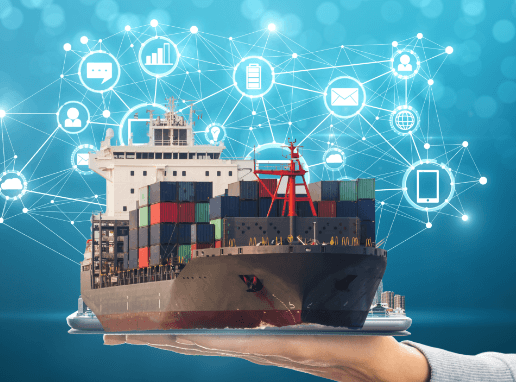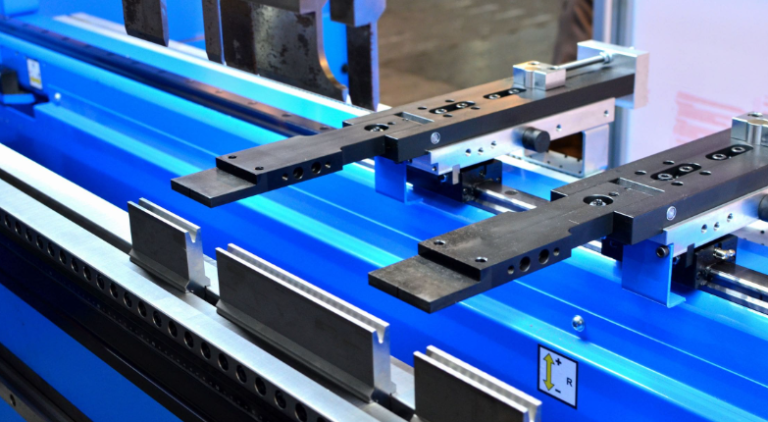Introduction
The maritime industry has witnessed transformative changes over the past few decades, with the integration of AI and automation marking a significant milestone. Smart ships, equipped with cutting-edge technology, are revolutionizing ship design and operations. This evolution not only enhances operational efficiency but also paves the way for a safer and more sustainable future in shipping. In this article, we delve into the advancements in smart ship technology, exploring how AI and automation are reshaping the maritime landscape.
The Rise of Smart Ships
Historical Context
Historically, ships relied heavily on manual operations and human expertise for navigation and management. The advent of early automation systems marked the beginning of a new era, but it was the integration of AI that truly transformed the maritime industry. Smart ships, or autonomous ships, now leverage advanced technologies to optimize performance, improve safety, and reduce environmental impact.
Key Technologies Driving Smart Ships
- Artificial Intelligence (AI): AI plays a pivotal role in smart ship technology. From predictive maintenance to advanced navigation systems, AI algorithms analyze vast amounts of data to enhance decision-making processes. Machine learning models enable ships to adapt to changing conditions, improving efficiency and safety.
- Automation Systems: Automation has revolutionized ship operations by reducing the need for manual intervention. Automated systems manage everything from engine control to cargo handling, streamlining processes and minimizing human error.
- Internet of Things (IoT): IoT sensors embedded in various ship components collect real-time data, providing valuable insights into vessel performance and health. This data is used to monitor conditions, predict failures, and optimize operations.
See also: How Customer Data Platforms Can Revolutionize Your Marketing Strategy
Enhancing Navigation and Safety
Advanced Navigation Systems
Smart ships are equipped with sophisticated navigation systems that leverage AI and automation. These systems use real-time data from various sensors, including radar and GPS, to create accurate navigation charts. AI algorithms analyze environmental factors such as weather conditions and sea state, enabling ships to plot optimal courses and avoid potential hazards.
Collision Avoidance
Collision avoidance is a critical aspect of maritime safety. Smart ships employ AI-driven collision avoidance systems that continuously monitor surrounding traffic and potential obstacles. By analyzing data from multiple sources, these systems can predict and prevent collisions, significantly enhancing onboard safety.
Predictive Maintenance
Maintenance is a crucial aspect of ship operations, and predictive maintenance powered by AI is a game-changer. By analyzing data from IoT sensors, AI models can predict equipment failures before they occur. This proactive approach reduces downtime and maintenance costs, ensuring that ships remain in optimal condition.
Fuel Efficiency and Environmental Impact
Optimizing Fuel Consumption
Fuel efficiency is a major concern in the maritime industry, and smart ships are leading the charge in addressing this issue. AI algorithms analyze data on fuel consumption, engine performance, and weather conditions to optimize fuel usage. This not only reduces operational costs but also minimizes the environmental footprint of shipping.
Emission Reduction
Reducing emissions is a critical goal for the maritime industry. Smart ships incorporate technologies that monitor and control emissions, ensuring compliance with international regulations. AI systems analyze exhaust data and adjust engine parameters to minimize harmful emissions, contributing to a greener and more sustainable shipping industry.
The Future of Smart Ships
Autonomous Shipping
The future of smart ships is poised to include fully autonomous vessels. Advances in AI and automation are making it increasingly feasible for ships to operate without human intervention. Autonomous ships have the potential to revolutionize the industry by reducing labor costs, improving safety, and increasing operational efficiency.
Integration with Port Operations
As smart ships become more prevalent, their integration with port operations will become crucial. AI and automation will play a key role in streamlining port processes, including cargo handling and berth management. Seamless communication between ships and ports will enhance overall efficiency and reduce turnaround times.
Cybersecurity Considerations
With the increasing reliance on digital technologies, cybersecurity is a critical concern for smart ships. Protecting against cyber threats is essential to ensure the integrity of ship operations and data. The maritime industry must prioritize robust cybersecurity measures to safeguard against potential attacks and data breaches.
Conclusion
The evolution of smart ships represents a significant leap forward in ship design and operations. The integration of AI and automation is driving advancements in navigation, safety, fuel efficiency, and environmental sustainability. As the maritime industry continues to embrace these technologies, the future of shipping promises to be safer, more efficient, and environmentally friendly. The journey towards fully autonomous vessels and seamless port integration is just beginning, and the possibilities are endless.
By leveraging the power of AI and automation, smart ships are not only reshaping the maritime landscape but also setting new standards for the future of shipping. As technology continues to evolve, the maritime industry stands on the brink of a new era, where innovation and sustainability go hand in hand







